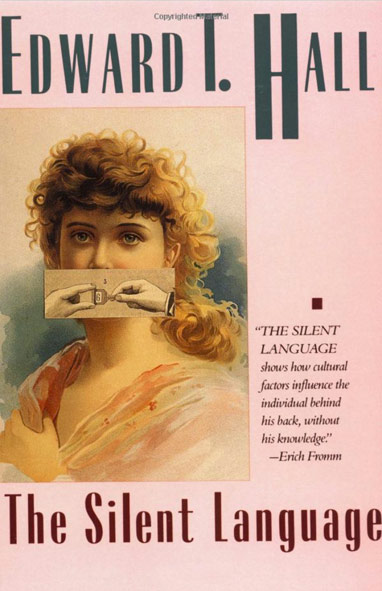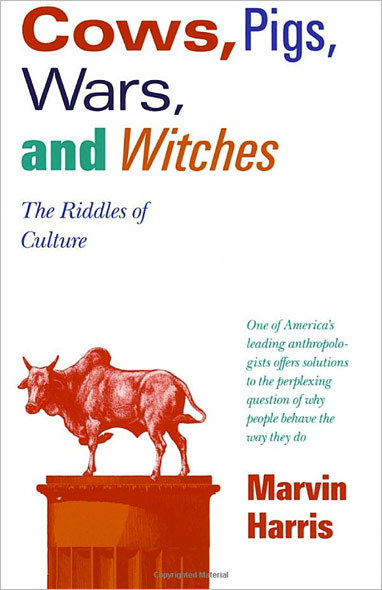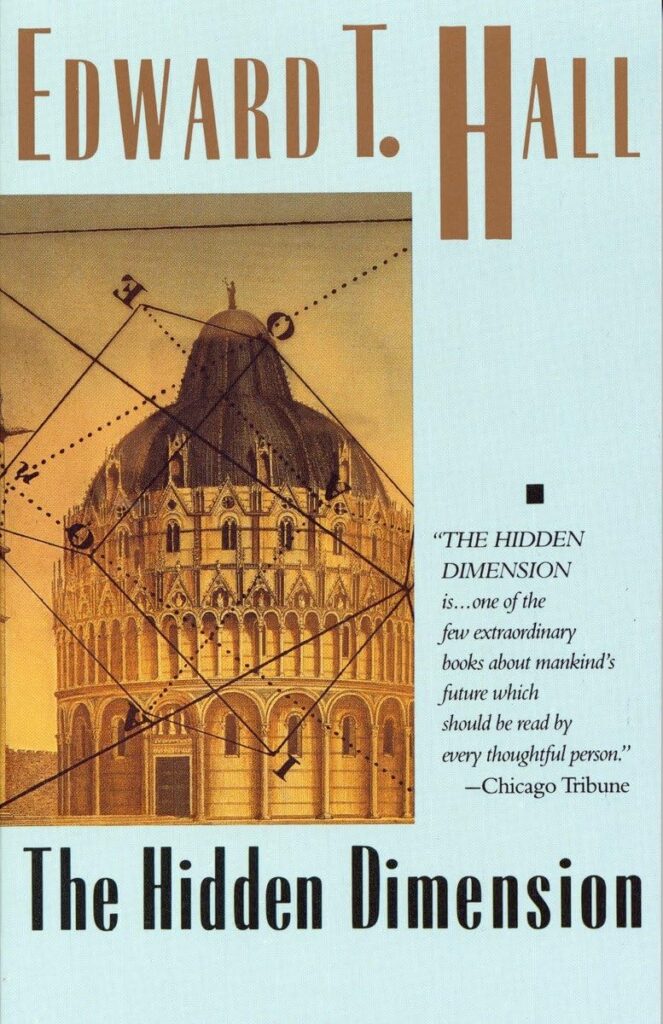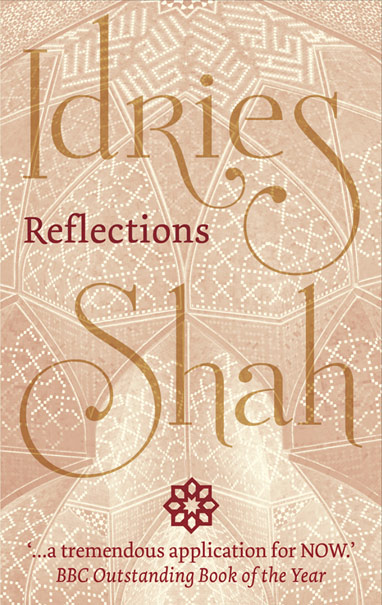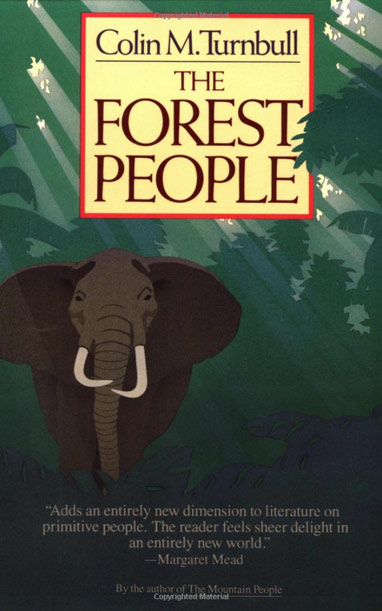The Human Journey Library» Beyond Culture
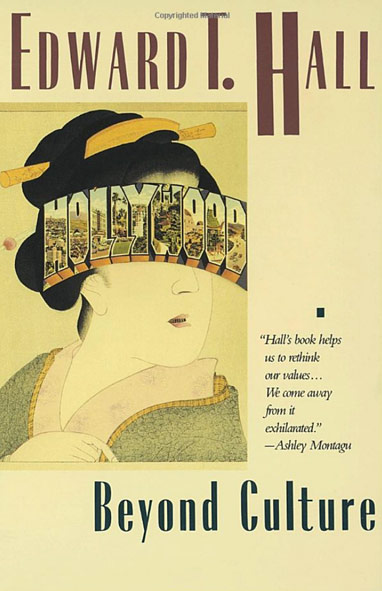
Beyond Culture
By Edward T. Hall
From a renowned American anthropologist comes a proud celebration of human capacities. For too long, people have taken their own ways of life for granted, ignoring the vast, international cultural community that surounds them. Humankind must now embark on the difficult journey beyond culture, to the discovery of a lost self a sense of perspective. By holding up a mirror, Hall permits us to see the awesome grip of unconscious culture. With concrete examples ranging from James Joyce’s Finnegans Wake to the mating habits of the bowerbird of New Guinea, Hall shows us ourselves. Beyond Culture is a book about self-discovery; it is a voyage we all must embark on if mankind is to survive.
Categories: Journey of the Human Mind, Our Contributors' Book Reports, Our Mind in the Modern World
Subjects: anthropology, cultural anthropology, sociology
- All Books by Section
- Our Contributors' Book Reports
- Books Referenced in Human Journey Sections:
- Journey of the Human Mind
- Discovering Our Distant Ancestors »
- The Evolution of Language
- Ideas that Shaped Our Modern World »
- Paleolithic Beginnings
- Connecting with the Gods
- Axial Age Thought
- Origins of Christianity
- Origins of Islam
- The Journey of Classical Greek Knowledge to the Western World
- Stories and Storytelling
- Tools and the Development of Contemporary Society »
- A Sustainable Planet
- The Changing World Economy »
- Health and Education in the Modern World »
- Our Mind in the Modern World »

